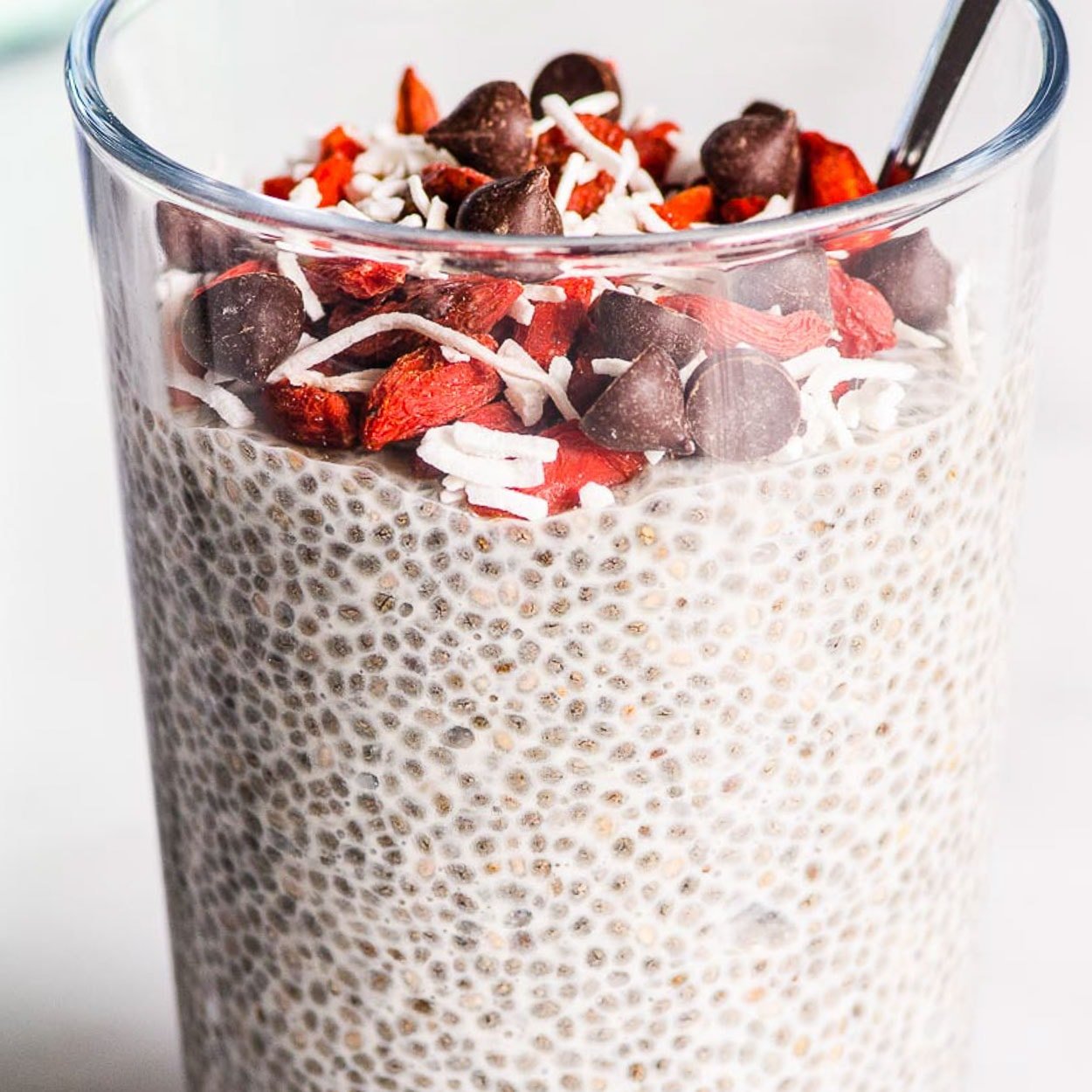Goji Berries: Important Facts, Health Benefits, and Recipes
Explore the world of goji berries with our ultimate guide, covering their history, health benefits, culinary uses, and tips for incorporating this nutrient-packed superfood into your daily life.

Nutritional Facts
5 tbsp
Amount per serving
Calories
97.7
Carbohydrates
21.6 g
Fat
0.1 g
Protein
4 g
Saturated Fat
0 g
Sodium
83.4 mg
Fiber
3.6 g
Sugar
12.8 g
Best Goji Berries Recipes
-

-

-

-

-
:max_bytes(150000):strip_icc()/__opt__aboutcom__coeus__resources__content_migration__serious_eats__seriouseats.com__2020__04__20200426-silky-chicken-herbal-soup-jenny-dorsey-7-24ce7c2d314d467fbb42015eadc2bc20.jpg)
-
:max_bytes(150000):strip_icc()/homemade-glutenfree--vegan-granola-bars-on-wooden-board-634466567-5ade7b07c5542e00368c8187.jpg)
-
:max_bytes(150000):strip_icc()/20211001-frozen-pears-vicky-wasik-19-d5162c62d41e413a9d0b73bbbec522dd.jpg)
-
:max_bytes(150000):strip_icc()/20240129-BakKutTeh-MichelleYip-Hero2-SEA-d454ddaf81384f39925541ad810d26e6.jpg)
-
![Quinoa Breakfast Bowl Image]()


